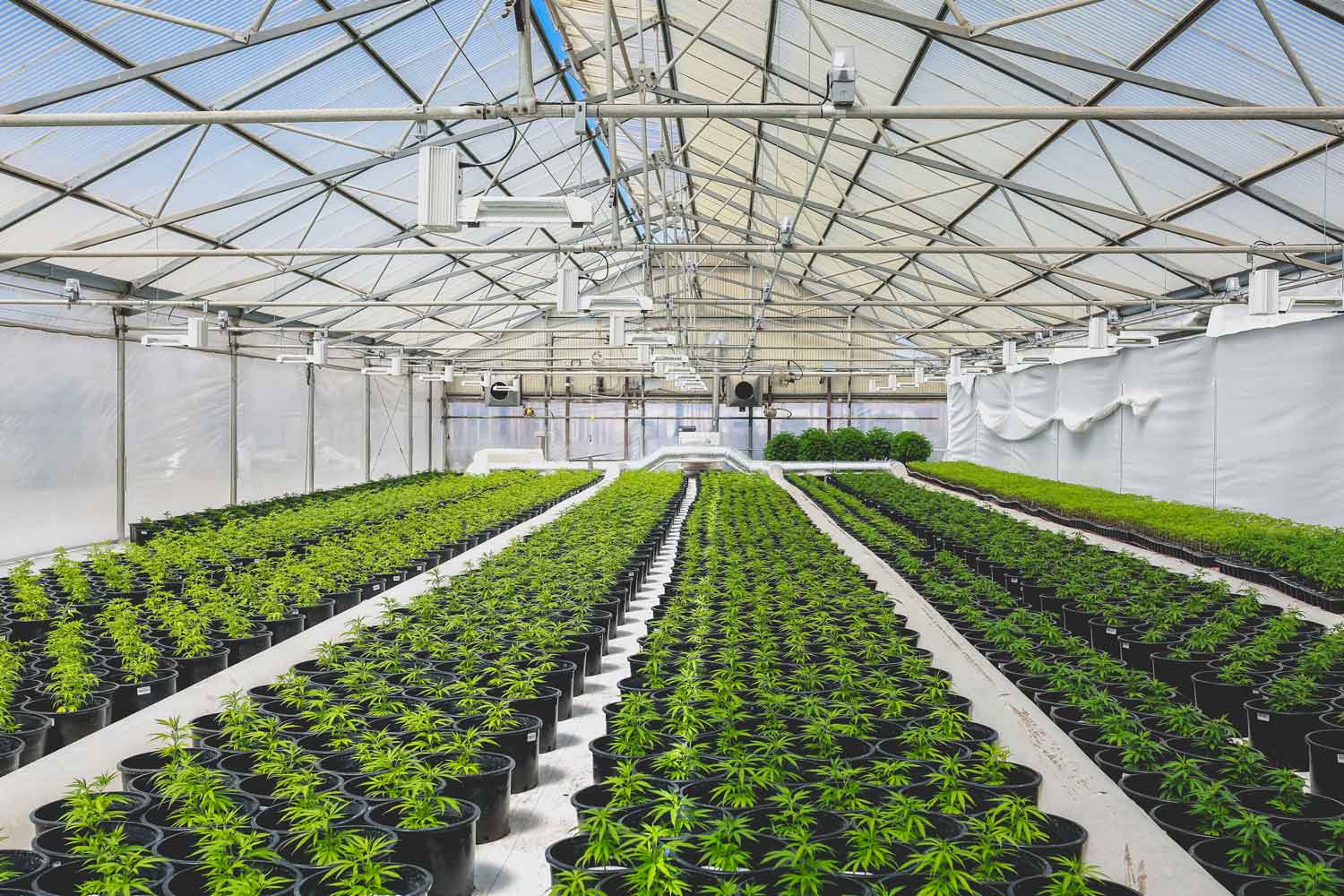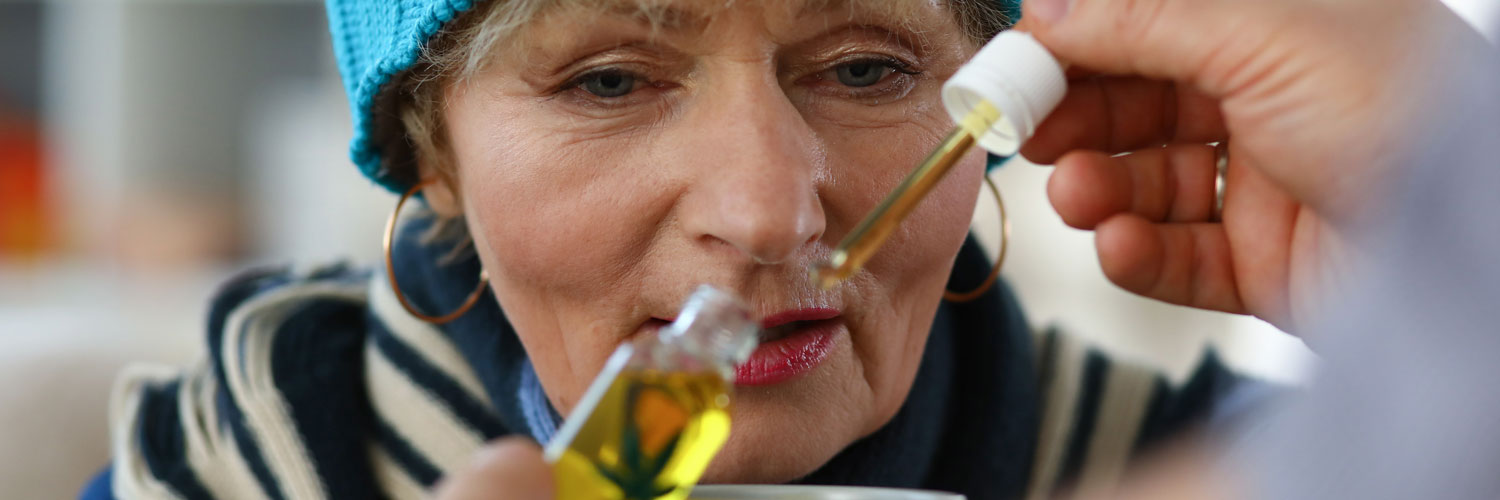
CBD & CBN and Sleep
WRITTEN BY TRANG TRAN AND DR. SWATHI
Sleep is an undeniable part of a healthy lifestyle. It contributes to many aspects of daily living like our energy levels, cognitive ability, and metabolic function. Sleep disorders such as insomnia (difficulty falling/maintaining sleep) and obstructive sleep apnea (blocked airway during sleep) are associated with an increased risk of depression, heart disease, and neurodegenerative disease.
Sleep disorders are often treated via over-the-counter supplements, prescription medications, and/or cognitive behavioral therapy, but there is increasing cause for considering cannabinoids as sleep aids. Let's dive in.
The endocannabinoid system and sleep
Before examining the role of cannabinoids in sleep, let’s briefly explore the role of the endocannabinoid system (ECS) on the sleep-wake cycle. In essence, the ECS regulates the circadian sleep-wake cycle by maintaining and promoting sleep. Furthermore, a lack of normal sleep causes dysregulation within the ECS.
CBD for sleep support
Cannabinoids are active compounds found within the cannabis plant, of which the two most common ones are delta-9-tetrahydrocannabinol (THC) and cannabidiol (CBD).
CBD is known to interact with the ECS to influence not only mood, but also the circadian sleep-wake cycle. Another way CBD may help with sleep is by easing anxious feelings. In addition, preliminary research has shown that CBD could suppress behaviors associated with rapid eye movement (REM) sleep behavior disorder, a disorder in which individuals act out behaviors linked with their dreams. However, larger and long-term studies are needed.
CBN for sleep support
Cannabinol (CBN) is the product of the oxidation of THC. Considered a minor cannabinoid because it is found in smaller quantities compared to CBD or THC, CBN can have relaxing and sedating effects in low doses. Even more, it has no intoxicating or psychotropic effect activity when consumed orally, so there is no risk of getting high. Most CBN products are in the form of tinctures, but a water-soluble form of CBN has recently become available.
In a study of sixty individuals, very low doses (1-4 mg) of water-soluble form of CBN decreased the incidence and severity of sleeplessness, with the greatest benefit seen in inducing sleep and keeping individuals asleep or returning them to sleep after awakening during the night. As for the side effects, study subjects reported restlessness and drowsiness when excess amounts of CBN was used, but these side effects resolved with self-adjustment of the dose.
The bottom line
Overall, although studies surrounding sleep and CBD appear promising and preliminary studies on CBN indicate the beneficial role of CBN in sleep, additional research is needed as the impact of specific cannabinoids is can be influenced by dosage, timing of administration, and route of administration. As cannabinoids may interact with prescription drugs, consult with your doctor before incorporating CBD or CBN into your medicinal regimen.
If you are interested in trying a natural sleep aid, the Rest Relax Recover tincture has CBD, CBN, and synergizing botanicals to help you wake up feeling refreshed and ready for a new day. Because each individual responds to cannabinoids differently, please do not hesitate to reach out to our Chief Scientific Officer, Dr. Swathi Varanasi with any questions.
References
- Babson KA, Sottile J, Morabito D. Cannabis, Cannabinoids, and Sleep: a Review of the Literature. Curr Psychiatry Rep. 2017;19(4):23. doi:10.1007/s11920-017-0775-9
- Brasil - Cannabidiol: from an inactive cannabinoid to a . - SciELO. www.scielo.br/j/rbp/a/jqDxxjns6S6VNq9yRkxdWHx/?lang=en.
- Kaufmann R. Use of a water-soluble form of cannabinol for the treatment of sleeplessness. Int J of Complement & Alt Med. 2021;14(4):186-190. doi:10.15406/ijcam.2021.14.00558
- Kesner AJ, Lovinger DM. Cannabinoids, Endocannabinoids and Sleep. Front Mol Neurosci. 2020;13:125. Published 2020 Jul 22. doi:10.3389/fnmol.2020.00125
- Murillo-Rodríguez E, Sarro-Ramírez A, Sánchez D, et al. Potential effects of cannabidiol as a wake-promoting agent. Curr Neuropharmacol. 2014;12(3):269-272. doi:10.2174/1570159X11666131204235805
- Suraev AS, Marshall NS, Vandrey R, et al. Cannabinoid therapies in the management of sleep disorders: A systematic review of preclinical and clinical studies. Sleep Med Rev. 2020;53:101339. doi:10.1016/j.smrv.2020.101339
- Zuardi AW. Cannabidiol: from an inactive cannabinoid to a drug with wide spectrum of action. Braz J Psychiatry. 2008;30(3):271-280. doi:10.1590/s1516-44462008000300015
--
This article was edited by Dr. Swathi and was written by Element Apothec Scientific Communications Intern, Trang Tran. She is a Doctor of Pharmacy (PharmD) student at Oregon State University and Oregon Health & Science University College of Pharmacy in Portland, Oregon.











